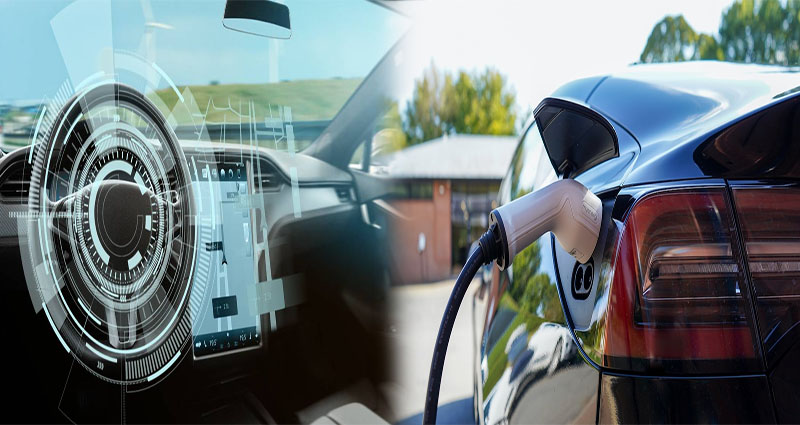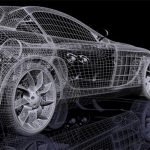In recent years, the push for sustainable living and environmental consciousness has driven a surge in the development and adoption of electric cars. As we aim to reduce carbon emissions, combat air pollution, and transition towards a greener future, electric car technology has emerged as a cutting-edge solution at the forefront of the automotive industry.
One of the key advantages of electric cars lies in their environmentally friendly nature, as they produce zero tailpipe emissions, significantly reducing their carbon footprint compared to traditional gasoline-powered vehicles. By harnessing the power of electricity as a clean energy source, electric cars pave the way for sustainable transportation that aligns with global efforts to combat climate change.
The technological advancements in electric cars have propelled them to the forefront of innovation within the automotive sector. With cutting-edge features such as regenerative braking, battery management systems, and energy-efficient drivetrains, electric cars offer performance benefits that rival traditional internal combustion engine vehicles.
Regenerative braking, for example, allows electric cars to capture and store energy that would otherwise be lost during braking, effectively extending the vehicle’s range and improving energy efficiency. This innovative feature not only enhances the driving experience but also optimizes the utilization of energy resources, contributing to a more sustainable and eco-friendly mode of transportation.
Furthermore, the evolution of battery technology has been a driving force behind the increased viability and popularity of electric cars. Advancements in lithium-ion batteries have led to improvements in energy density, charging speed, and overall battery life, addressing concerns related to range anxiety and practicality for electric vehicle owners.
The development of a robust charging infrastructure is another crucial component in driving towards a greener future with electric cars. As governments, businesses, and communities invest in expanding charging networks and infrastructure, the accessibility and convenience of charging electric vehicles continue to improve, addressing one of the key barriers to widespread adoption.
Moreover, the integration of smart and connected technologies in electric cars enables features such as remote monitoring, predictive maintenance, and energy management, enhancing the overall efficiency and user experience of electric vehicles. From smartphone apps that allow drivers to monitor charging status to advanced driver-assist systems that optimize energy consumption, electric car technology continues to evolve to meet the needs of a rapidly changing automotive landscape.
The trajectory towards a greener future is accelerating with the advancements in cutting-edge electric car technology. By combining sustainability, innovation, and performance, electric cars are reshaping the automotive industry and driving us towards a more environmentally conscious and sustainable future. As we embrace electric vehicles as a cornerstone of modern transportation, we are not only reducing our carbon footprint but also paving the way for a cleaner, healthier planet for generations to come.










